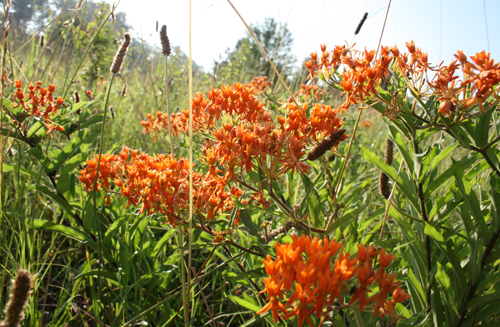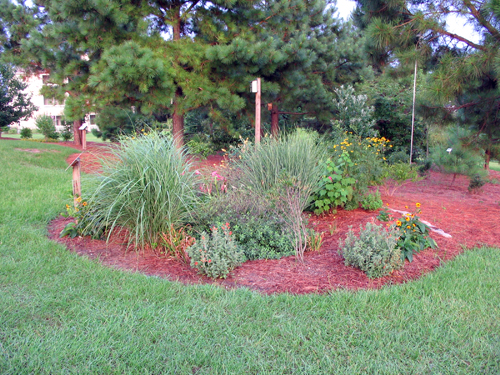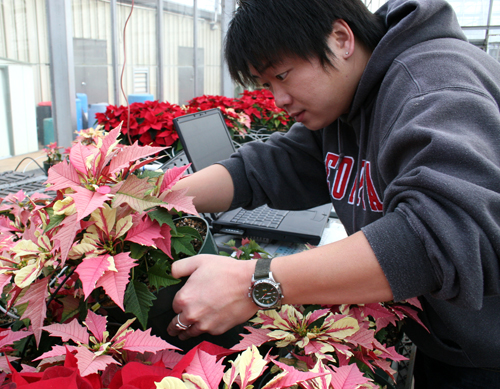 CAES News
CAES News
Spring gardening
Welcome to the 35th annual Spring Garden Packet from the University of Georgia College of Agricultural and Environmental Sciences. Written by CAES faculty, editors and graduate and undergraduate students, these articles are provided to help you with timely, valuable statewide gardening information.


